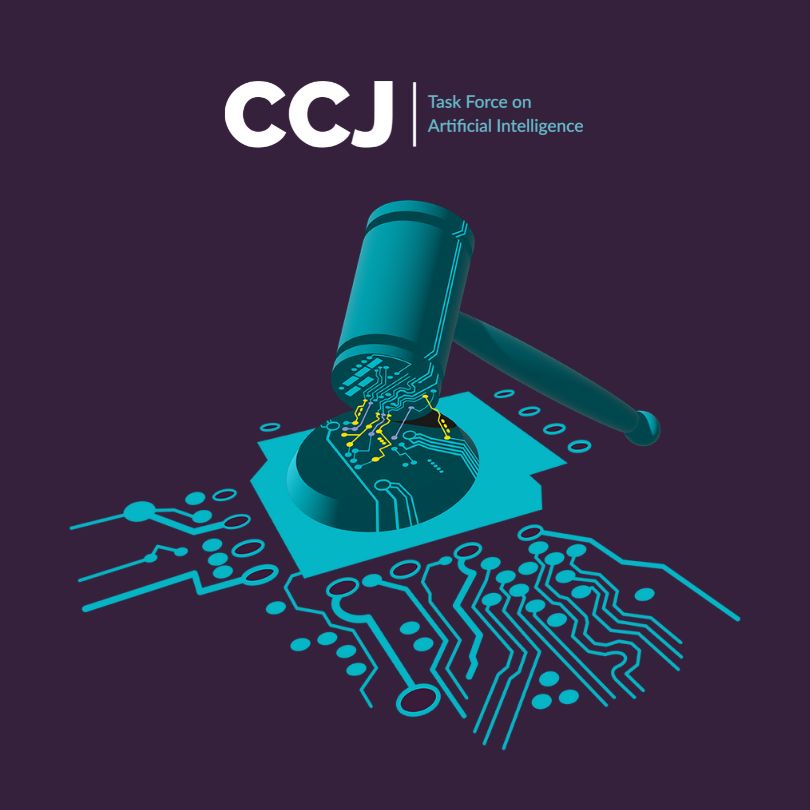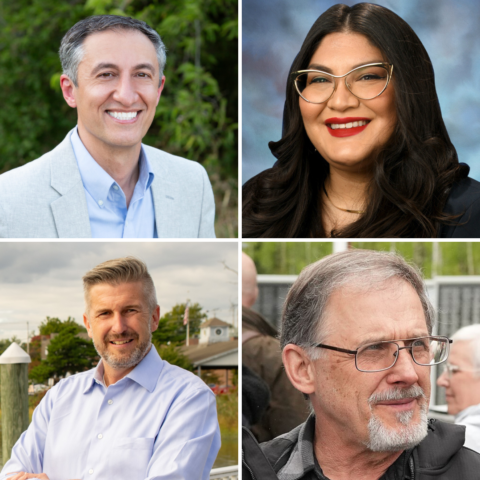Law Enforcement Interventions
During its second meeting, the commission examined policing as a possible intervention point for justice-involved women, focusing on the efficacy of law enforcement responses to women in crises. Commissioners discussed law enforcement training, policy, and practice, and also considered research gaps and opportunities.
The meeting featured three research presentations.
- Kathy Sanchez, CCJ research specialist, highlighted key trends in women’s arrest rates across specific offense types.
- David Hirschel, professor emeritus at UMass Lowell and UNC Charlotte, provided an overview of law enforcement responses to intimate partner violence, including mandatory arrests, dual arrests, and primary aggressor laws.
- Anne Larsen, deputy program director of behavioral health at the Council of State Governments Justice Center, reviewed law enforcement responses to behavioral health crises, including co-response, community response, and police diversion models.
Commissioners will continue to consider law enforcement interventions and strategies in subsequent meetings.



